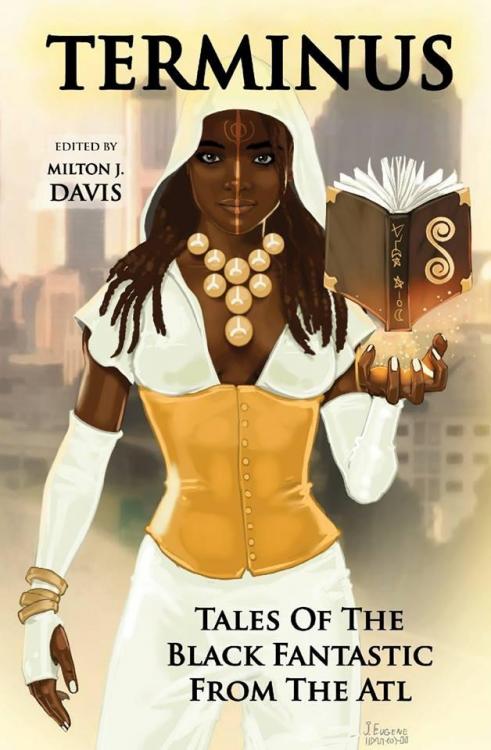-
Posts
241 -
Joined
-
Last visited
-
Days Won
30
Content Type
Profiles
Forums
Blogs
Events
Everything posted by Milton
-
The City. No one knows how it began or when it will end. No one knows how we came to be here, 20 million souls, 1500 different species all crammed together in plascrete and biosteel. No one's been in or out of the city in 20 centuries. Some have their theories why, some don't care. But no matter whom you are, or what you are, you have a story, don't you? The trick is finding someone who cares to listen...' -Knowledge Lateef, Street Priest The City anthology is a unique creation. It’s a concept anthology, a collection of stories where eighteen different authors share their vision of a single idea. It’s Cyberfunk, cyberpunk stories that play with future concepts from an African/African American perspective. Most of all it’s engaging, exciting, thought provoking and fun. Like the inhabitants, the City is perceived in various ways by the various writers. Some stories intersect, some diverge, but they all entertain. The result is a journey into a unique world described by unique and engaging voices. Buy your copy today from MVmedia today! The City: A Cyberfunk Anthology
- 1 reply
-
- 2
-

-

-
It's Black Speculative Fiction Month! This month we celebrate the Black Fantastic by supporting our creators and their events throughout the Diaspora! If you've never read a Sword and Soul, Steamfunk, Afrotuturism, Africanfuturism, African Fantasy, Science Fiction, Paranormal, Urban Fantasty, Horror book or graphic novel by a Black author, this is your month. I encourage all my friends to read, support an author by writing a review, attend a Black Speculative Fiction event, share a book, event, and/or an author with friends. This is our month, so let's celebrate!
-
It's Black Speculative Fiction Month! This month we celebrate the Black Fantastic by supporting our creators and their events throughout the Diaspora! If you've never read a Sword and Soul, Steamfunk, Afrotuturism, Africanfuturism, African Fantasy, Science Fiction, Paranormal, Urban Fantasty, Horror book or graphic novel by a Black author, this is your month. I encourage all my friends to read, support an author by writing a review, attend a Black Speculative Fiction event, share a book, event, and/or an author with friends. This is our month, so let's celebrate!
-
- 1
-

-
Yep. Balogun is just as if not more prolific than me.
-

Currently Reading...
Milton replied to Mel Hopkins's topic in Black Speculative Fiction Book Club's Topics
I'm currently reading A Plague of Shadows by Gerald Coleman. It's the second book in his 'The Three Gifts' series, sword and soul epic fantasy written in a style similar to Robert Jordan's Wheel of Time. It centers around his character Bantu and his private army known as The People's Company. Very good epic fantasy and a dense read. A Plague of Shadows -
An Afrocentric galactic empire? Yes! :-)The Dark Universe Anthology tells the origin story of the Cassad Empire, from its ambitious beginning to its evolution into the first great human Galactic Empire and its eventual fall. Milton Davis, Gene Peterson, Balogun Ojetade, Penelope Flynn, Malon Edwards, K. Ceres Wright and DaVaun Sanders are the storytellers that lay the foundation of this amazing empire. Dark Universe is space opera like you've never seen. The time has come; Dark Universe is here!On sale now! Dark Universe
-
And we're live! The Amber and the Hidden City Kickstarter is up and running. This graphic novel is based on the popular Amber and the Hidden City novel by yours truly. Help us bring this amazing story to life. We have thirty days to make it happen. Make your pledge and spread the word! Amber and the Hidden City Kickstarter
- 1 reply
-
- 2
-

-

-

Terminus: Tales of the Black Fantastic from the ATL
Milton replied to Milton's topic in Black Literature
Thanks, Troy! -
Nine amazing authors. Nine amazing stories. One amazing anthology. Get yours on sale today! Atlanta. ATL. The Rising Phoenix. The City too Busy to Hate. The Black Mecca. Capital of the Deep South. There, between flitting shadows and full moons, exists another world filled with dark creatures, demons, and immortals. Only a thin veil separates the Atlanta you know from this mysterious realm. Nine brave authors risk it all to reveal the crossroads of Southern charm and the Black Fantastic. Y'all ready? https://www.mvmediaatl.com/product-page/terminus-tales-of-the-black-fantastic-from-the-atl
-

Where are the Novels That Speak to Middle Aged Black Men?
Milton replied to Troy's topic in Black Literature
Thanks for the inspiration . Been thinking about it. -
On sale this week at MVmedia, Abengoni by Charles R. Saunder and Terminus: Tales of the Black Fantastic from the ATL Abegoni: First Calling Sword and Soul originator and Sword and Sorcery master Charles R. Saunders storms back onto the literary scene with an new epic fantasy sure to become a classic. Matile Mala, once the most powerful empire in the black continent of Abengoni, is slipping slowly into decadence, and becoming more and more vulnerable to aggression from the nations and tribes it once dominated. In the capital, Khambawe, ancient rituals endure, dominated by dreams and delusions. As Tiyana, who is both priestess and princess, conducts one such ceremony, known as First Calling, the rite is disrupted by the arrival of a half-wrecked ship from Fiadol, a far-distant land across the sea that is almost forgotten by the Matile. Led by a Seer called Kyroun, the pale-skinned people on the ship seek refuge among the Matile.But the Matile themselves are in need of aid, as they soon come under attack from their ancient enemies, the Uloans, who have flourished while the Matile waned. Along with her father – the High Priest Gebrem –Tiyana marshals the waning forces of Matile magic in conjunction with the powerful new sorcery wielded by Kyroun and his followers in an effort to forestall the threat of imminent annihilation.As the Matile and Uloans clash, other foes of the fading empire wait on the sidelines, like vultures circling a battlefield. The newcomers from Fiadol hold the balance of destruction – and Tiyana must anticipate which way the scale will tip … Terminus: Tales of the Black Fantastic From the ATL Atlanta. ATL. The Rising Phoenix. The City too Busy to Hate. The Black Mecca. Capital of the Deep South. There, between flitting shadows and full moons, exists another world filled with dark creatures, demons, and immortals. Only a thin veil separates the Atlanta you know from this mysterious realm. Nine brave authors risk it all to reveal the crossroads of Southern charm and the Black Fantastic. Y'all ready?
-
- 1
-

-
-
Hey y'all! A few years ago I joined AALBC in order expose my writing to more black readers. After falling off a few years, I'm back. Black Speculative Fiction, or what many call Afrofuturism these days, has been growing steadily during that time, so much so that many of the recent winners of such prestigious scifi and fantasy awards such as the Hugo and Nebula have been black writers, specifically black female writers. And with the release of Black Panther in February, many black readers have been asking where they can find books with the same feel as the movie. It's my hope to expose you to such books and the authors who write them. I hope that eventually AALBC will add categories for such books and writers, but that's down the road. I'm excited, and I know you'll like what you see. Stay tuned!
-
Atlanta. ATL. The Rising Phoenix. The City too Busy to Hate. The Black Mecca. Capital of the Deep South. There, between flitting shadows and full moons, exists another world filled with dark creatures, demons, and immortals. Only a thin veil separates the Atlanta you know from this mysterious realm. Nine brave authors risk it all to reveal the crossroads of Southern charm and the Black Fantastic. Y'all ready? Milton Davis and MVMedia have done it again! Terminus is a one of a kind, powerful, and engaging look into the hidden wonders of Atlanta, GA. Known the world over as “HOTlanta,” the site of the 1996 Olympics, and the home of Dr. Martin Luther King, Jr., Terminus takes its readers on a journey underneath and in between these historic identifiers. Upon reading this anthology, we are riveted by the possibility that monsters, magical powers, and African folklore inhabit the streets of Atlanta as we see the city through the expansive imaginations of this volume’s talented authors. Terminus is an ambitious book filled with narrative twists and turns that leaves you wanting more! Clint Fluker, PhD Emory Center for Digital Scholarship In the end, it becomes obvious that it doesn’t matter what country, culture or colour with which you identify – this is a lively anthology with some powerful moments and some wry laughs vying for your attention. John Lindwood Grant Editor, Greydogtales.com MVmedia
-
- 1
-

-

THE 2013 HURSTON/WRIGHT LEGACY AWARD HONOREES
Milton replied to Troy's topic in Post Your Press Release Here
I've submitted two books for next year. -
MVmedia Releases Abengoni: First Calling, the new epic fantasy novel by Charles R. Saunders Sword and Soul originator and Sword and Sorcery master Charles R. Saunders storms back onto the literary scene with an new epic fantasy sure to become a classic. Matile Mala, once the most powerful empire in the black continent of Abengoni, is slipping slowly into decadence, and becoming more and more vulnerable to aggression from the nations and tribes it once dominated. In the capital, Khambawe, ancient rituals endure, dominated by dreams and delusions. As Tiyana, who is both priestess and princess, conducts one such ceremony, known as First Calling, the rite is disrupted by the arrival of a half-wrecked ship from Fiadol, a far-distant land across the sea that is almost forgotten by the Matile. Led by a Seer called Kyroun, the pale-skinned people on the ship seek refuge among the Matile. But the Matile themselves are in need of aid, as they soon come under attack from their ancient enemies, the Uloans, who have flourished while the Matile waned. Along with her father – the High Priest Gebrem –Tiyana marshals the waning forces of Matile magic in conjunction with the powerful new sorcery wielded by Kyroun and his followers in an effort to forestall the threat of imminent annihilation. As the Matile and Uloans clash, other foes of the fading empire wait on the sidelines, like vultures circling a battlefield. The newcomers from Fiadol hold the balance of destruction – and Tiyana must anticipate which way the scale will tip … "Don't miss out on this magical novel by one of the godfathers of Afrofuturism and black speculative fiction--Charles Saunders." --Tananarive Due, American Book Award winning author of THE LIVING BLOOD "In Abengoni: First Calling, Charles Saunders writes the sort of epic fantasy I want to read. He tells the tale, with its large cast of sharply drawn characters and complex history, in a wonderfully spare and fast-paced style that doesn't waste time getting to where it's going. I can't wait for the next book." --Fletcher Vredenburgh, Sword and Sorcery Blogspot You can purchase Abengoni: First Calling at www.mvmediaatl.com. It is also available via Amazon.com, Barnes and Noble or wherever books are sold.
-
Dec. 7, 2013 - FAYETTEVILLE, Ga. -- MVmedia, LLC, a science fiction and fantasy publisher specializing in books by and about people of African descent, announces the release of Griots: Sisters of the Spear anthology. The second anthology of the Griots series, Sisters of the Spear contains 17 Sword and Soul stories featuring women of African descent as the main characters. Editors Milton J. Davis and Charles R. Saunders have gathered a selection of excellent stories written by veteran and first time writers that expertly mesh African history, culture and spirituality with heroic and fantastic fiction. This anthology addresses the lack of black female characters in heroic and epic fantasy, presenting exciting stories and characters that will long be remembered. The anthology includes stories by Charles R. Saunders, Milton Davis, Balogun Ojetade, Carole McDonnell, Valjeanne Jeffers, Cynthia Ward and others. Griots: Sisters of the Spear is availabe as an e-book for Amazon Kindle and Nook. It will be availble in paperback edition in January 2014, distributed through Ingram. It will be available through Amazon, Barnes and Noble and other bookstores. For more information visit our website at http://www.mvmediaatl.com/
-
- 2
-

-
Dec. 19, 2013 - FAYETTEVILLE, Ga. -- MVmedia,LLC, a small publisher specializing in African Amercan Speculative Fiction, announces the release of Amber and the Hidden City, the first young adult novel by Milton J. Davis. Thirteen year old Amber Robinson's life is full of changes. Her parents are sending her to a private school away from her friends, and high school looms before her. But little does she know that her biggest transformation waits in a mysterious city hidden from the world for a thousand years. Why? Because Amber's grandmother is a princess from the magical kingdom of Marai. She's been summoned home to use her special abilities to select the new king but she no longer has the gift, and her daughter was never trained for the task. That leave only one person with the ability to save the city: Amber! But there are those who are determined that Amber never reaches Marai and they will do anything to stop her. Prepare yourself for an exciting adventure that spans from the Atlanta suburbs to the grasslands of Mali. It's a story of a girl who discovers her hidden abilities and heritage in a way that surprises and entertains. Amber and the Hidden City is the eighth novel by Milton Davis and his first YA novel. The novel is available in paperback at MVmedia's website, http://www.mvmediaatl.com/, as well as Amazon, Barnes and Noble and other online booksellers. Amber and the Hidden City is also available in e-book format for Kindle and Nook.
-
I agree, especially with Amazon. That's why I now sell my books through Nook, Kobo and iTunes. I think Facebook's dominance will eventually wane. Remember MySpace? Sooner or later the young folks will discover a cooler way to communicate and they'll flock to it, leaving Facebook in a bad spot, especially now that Facebook had gone public. It sounds like a good article to me, especially if you provide solutions and alternatives.
-
An excerpt: They traveled a good distance before stopping by an open field to let the oxen rest. Mama busied herself about the wagon while Sadatina lounged in the grass enjoying the bitter stimulation of her kola nut. Her mind drifted to the shumba cubs. It had been hours since she fed them last, but not long enough for them to starve in her absence. Most of all, she hoped they had not forgotten her. Sadatina’s attention drifted to the road behind them. Someone was coming, moving at a running pace. She sat up and strained her eyes. What she saw chilled her blood. She jumped to her feet and ran to the wagon. “Mama! River men!” Mama looked up, her face twisted with dread. She jumped into the wagon at the same time as Sadatina and cracked her whip at the oxen. “Run!” she shouted at them. Sadatina scrambled among the grain and found her bow and arrows and Mama’s muder. She turned to face the road. The river men were coming fast, much faster than the oxen could run. She looked back at Mama working the reins and the whip and made her decision. She grabbed the weapons, took a deep breath and leaped from the wagon. Her feet hit the dirt and she tumbled, rolling the way Baba taught her long ago. She came to her feet and trotted toward the men. She recognized the man from the market immediately and a fearful chill ran through her body. He had come for her despite her refusal. The men flanking him stared at her coldly and she began to realize she’d made a grave mistake. “See?” the man said to his cohorts. “She comes to greet her new husband!” Something in his tone pierced her fear and transformed it to intense anger. She raised the bow and aimed. It was a small bow only meant for hunting, but a well-placed shot could kill the most formidable of beasts, and Sadatina was a very good shot. The river man was still laughing when her arrow found his throat. It took him a moment to realize what had happened. He clutched the arrow and fell to his knees, blood running from the wound and his mouth. His cohorts ignored his gurgling, springing toward her like dogs released from their chains. Sadatina only had time to let loose one more arrow before the men were upon her with nets and knives. She swung at them with her muder, careful not to get it tangled in their nets. The hungry smiles on their faces faded as they realized she would be no easy catch. They stepped away and circled her, one man waving his net, the other holding a knife in each hand. Sadatina turned with them, her hands sweating against the warm iron of the muder. She had no idea what to do. She’d practiced with Baba and Terte, but never had she hit them with the sharp edge. But never had she shot a man with her bow either. She looked at the river man writhing on the ground and felt sad for him despite his intentions. She did not wish death on anyone, but it seemed death was the only way to keep these men from claiming her. The man with the net moved in. He feinted at her head then swung the net at her ankles. Sadatina almost jumped over it, but the wet cords wrapped about her left foot. “Ha!” the man exclaimed. He yanked the net toward himself and Sadatina crashed onto her back. Her grip loosened on the muder but she did not lose it. The knife man appeared above her and she jabbed. His face crunched and blood burst from his mouth and nose. He cried as he clamped his hands over his wound and stumbled away. The net man kept pulling at her but wouldn’t come close. He watched the muder intensely as he scowled. He raised a trident, a wicked weapon with a three-pronged tip. If he had any intentions of claiming her as a wife, he had apparently forgotten them. He pulled at the net and jabbed at her with the trident. Sadatina winced as the tip scraped her neck, barely deflected by the wavering muder. She twisted and turned as she dodged the spear. Tears welled in her eyes; she was getting tired but the river man seemed relentless. His strikes drew more blood; she bled from her shoulders and the side of her head. “Sadatina!” Mama’s wail ripped through the deadly silence of her struggle. She turned to her right to see Mama charging toward the river man on the back of one of the oxen, flailing her whip against the bovine’s flanks and forcing it to run faster than it probably ever had. The river man was quick, but his instincts were flawed. He twisted about and threw his trident. The spear bounced harmlessly off the ox’s horns as the river man crumbled under hooves and ox flesh. Sadatina watched Mama tumble off the ox then lay back on the ground. She dropped her muder and threw her arms open. Her breath came heavy, her chest heaving as her wounds began to sting. By the time Mama reached her side she labored for breath. “Sadatina? Sadatina!” Sadatina could not speak. Her throat felt like it was packed with cotton. The fire from her wounds had spread throughout her body; sweat ran from every pore. She barely felt something being shoved in her mouth and her mouth worked by familiar hands. Moments later the burning subsided although she still felt terribly weak. She drifted in and out of consciousness, her body vacillating between hot and cold. She remembered throwing up at least twice, once a food-filled spewing and again a painful dry heave. Then she rested, her mind wrapped in a fog of peace, while voices whispered from what seemed far away. She strained to hear them but the fog muffled the words. She knew it was Baba and Mama, but she could make out nothing they said. She gave up and released herself to the fatigue reaching out to her.
-

Historical fiction for young people
Milton replied to alannkay's topic in Post Your Press Release Here
Love the cover.


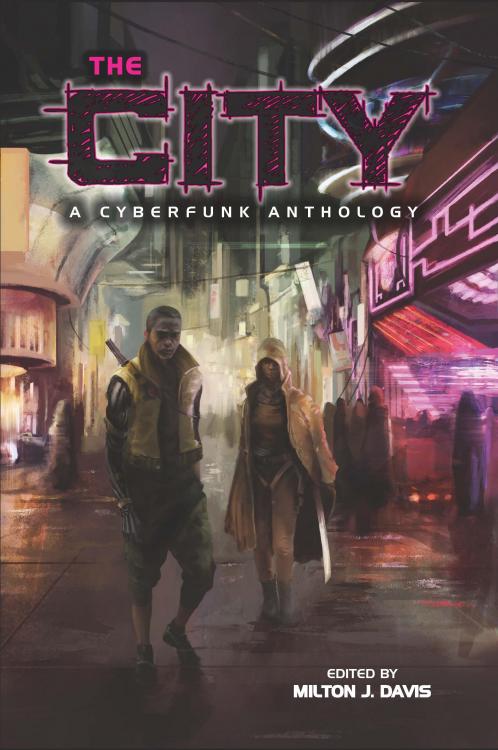
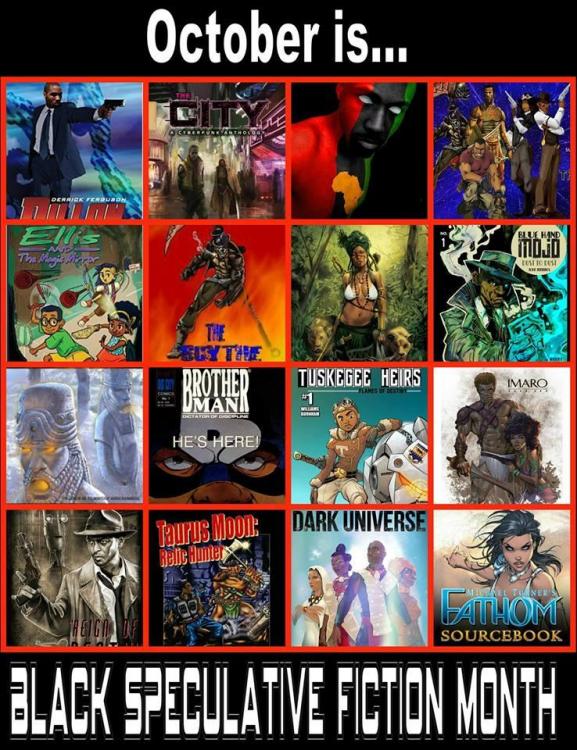
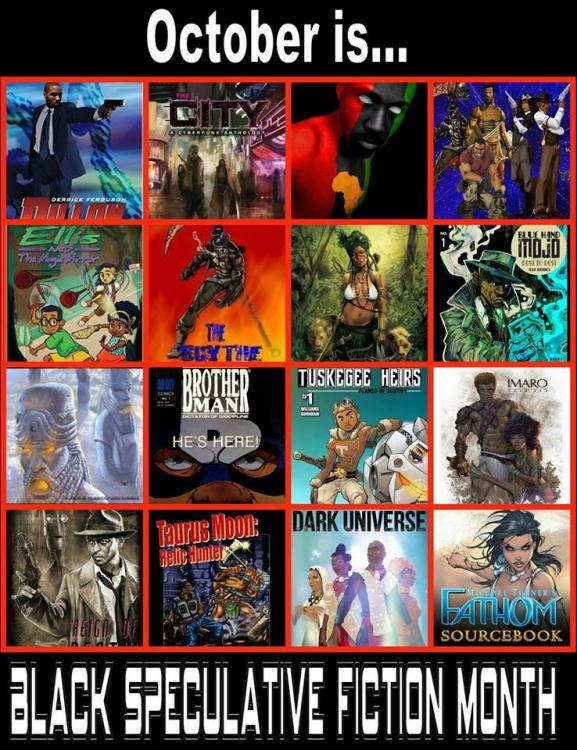
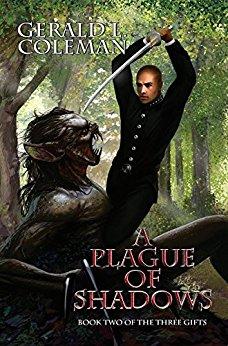
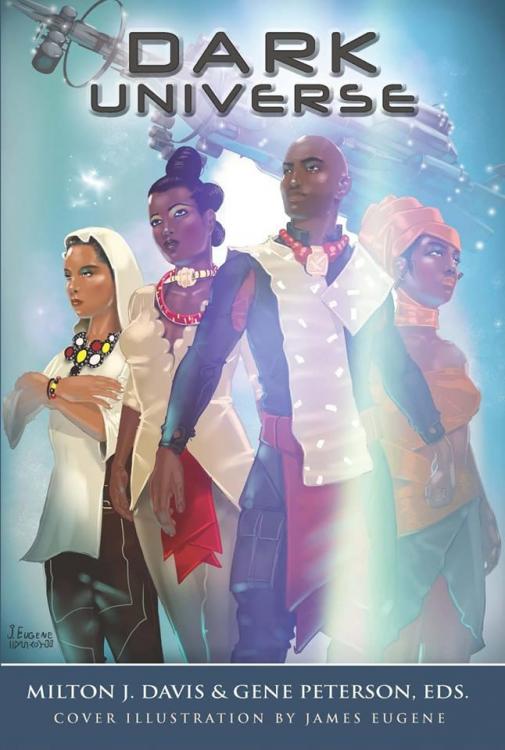
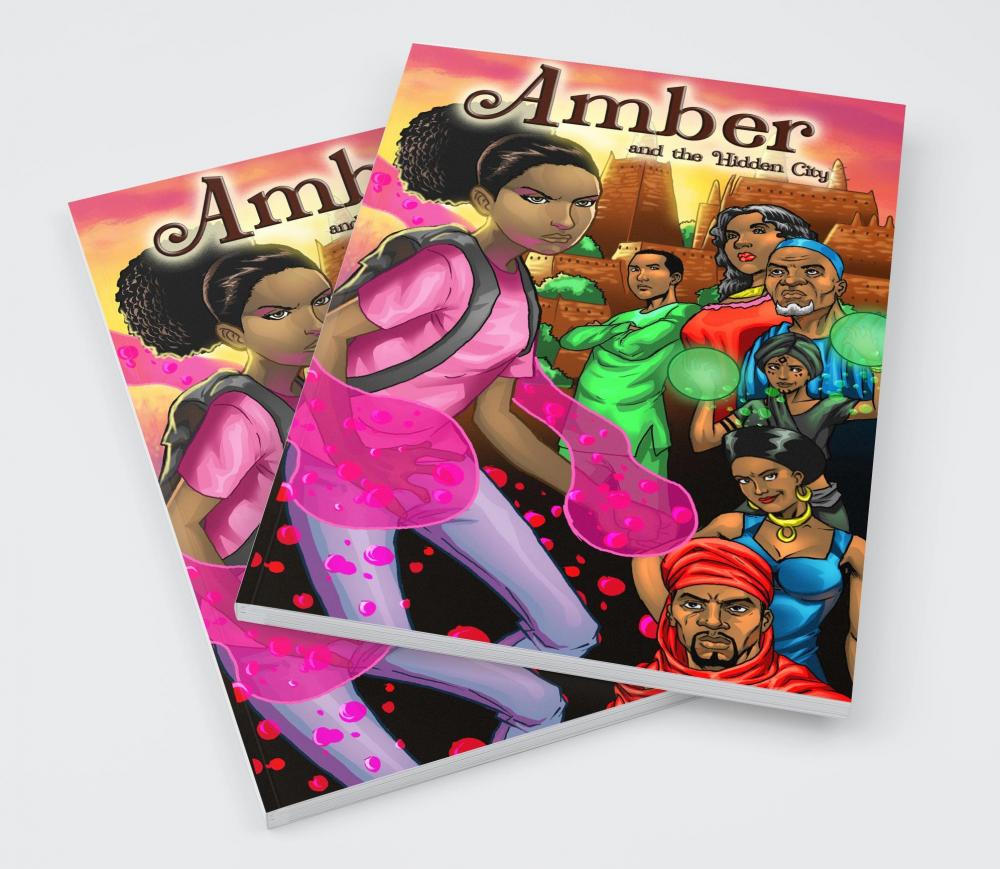
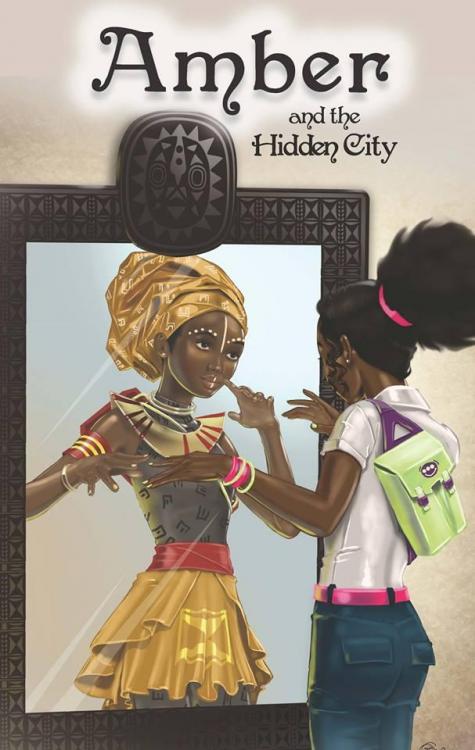
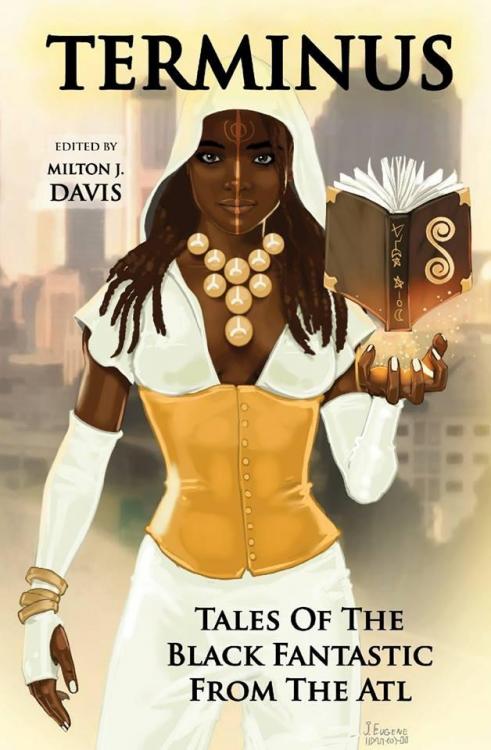
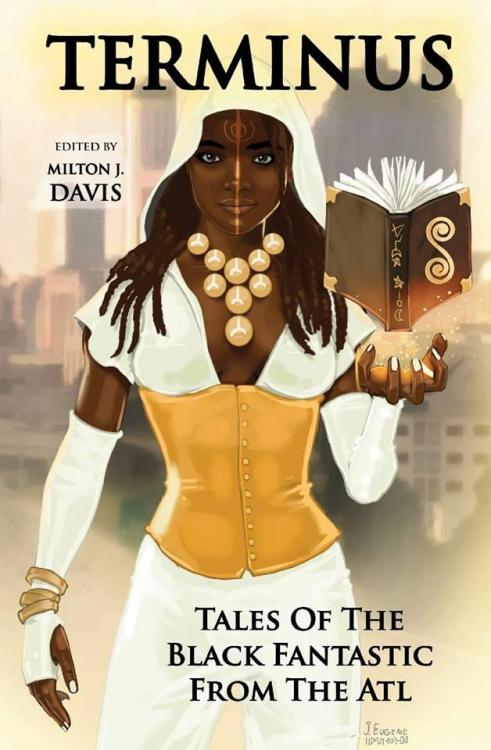
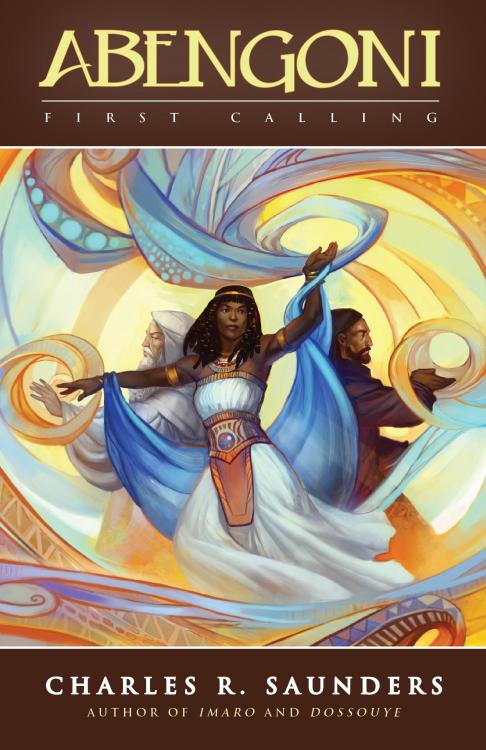
.thumb.jpg.2fa9e3072dad94a8251a67e2d43a7477.jpg)
